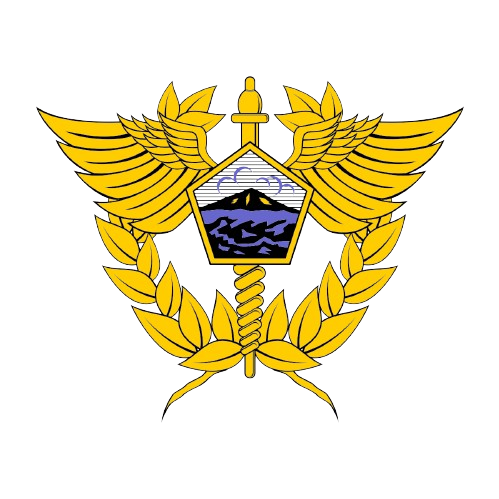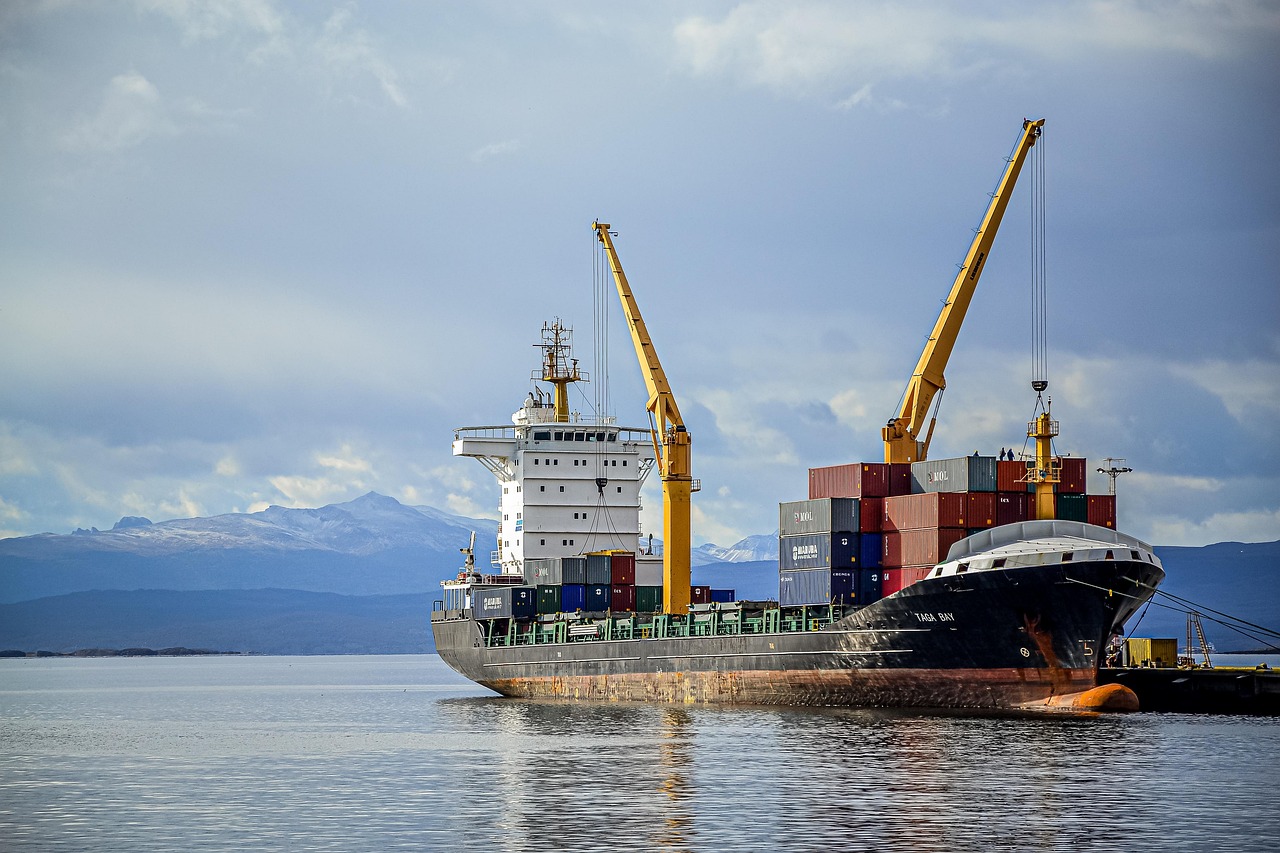Implementation of E-Services in Bea Cukai Dharmasraya
Understanding Bea Cukai Dharmasraya
Bea Cukai Dharmasraya, as part of Indonesia’s Directorate General of Customs and Excise, plays a crucial role in regulating the flow of goods across borders. The implementation of e-services within this institution is designed to streamline operations, reduce bureaucracy, and enhance transparency in customs processes. By leveraging technology, Bea Cukai aims to facilitate smoother trade while maintaining strict regulatory compliance.
The Need for E-Services in Customs
In recent years, the Indonesian trade landscape has evolved rapidly, necessitating a more efficient customs system. Traditional customs processes were often marked by long waiting times, paperwork delays, and a lack of real-time information. E-services address these issues by automating processes, enabling faster data exchange, and providing stakeholders with essential tools to manage their trade more effectively.
Key E-Services Implemented
-
E-Manifest System: The e-manifest system enables importers and exporters to submit shipping manifests electronically. This system reduces processing times, minimizes errors associated with manual data entry, and ensures that all required documentation is submitted upfront.
-
Customs Clearance Automation: Simplifying the customs clearance process, the implementation of digital tools allows businesses to submit their declarations online. This automation reduces physical visits to customs offices and accelerates the approval process while ensuring compliance with regulations.
-
Online Payment Systems: E-services have introduced online payment capabilities for customs duties and taxes. This system not only simplifies payment procedures but also enhances cash flow for businesses by allowing payments to be made promptly and securely.
-
Tracking and Tracing: The implementation of tracking tools enables stakeholders to monitor the status of their shipments in real time. This transparency fosters trust and allows for better management of supply chain operations.
-
E-Consultation Services: To assist businesses in navigating regulations, Bea Cukai has initiated e-consultation services. These platforms provide guidance on customs procedures, documentation requirements, and compliance issues, thus enhancing the overall trade experience.
Benefits of E-Services
Increased Efficiency
The transition to e-services has significantly improved operational efficiency within Bea Cukai Dharmasraya. Automated processes eliminate redundancies and streamline workflows, allowing customs officers to focus on higher-value tasks such as risk assessment and enforcement.
Enhanced Transparency
E-services promote greater transparency in customs operations. Stakeholders can easily access information regarding their shipments and compliance requirements. By providing clear visibility into the customs process, businesses can better plan their operations and reduce uncertainties.
Cost Reduction
Digital services can lead to substantial cost savings for both the customs authority and the businesses involved. Businesses can lower their operational costs due to reduced manual handling of documents and faster clearance times. On the government side, less reliance on physical space and resources minimizes expenditure.
Improved Compliance
Automated systems enhance compliance by ensuring that traders have access to real-time regulatory updates. This feature is crucial in helping companies avoid penalties associated with non-compliance, thereby fostering a culture of responsible trading.
Challenges in Implementation
While the implementation of e-services offers numerous advantages, it is not without its challenges. Key hurdles include:
-
Infrastructure Development: Developing a robust IT infrastructure is critical. In remote areas, like parts of Dharmasraya, access to reliable internet connectivity can be an obstacle.
-
Training and Knowledge Gap: Ensuring that customs officials and stakeholders are adequately trained to use new systems is vital. Continuous education and capacity-building initiatives must accompany technological deployment.
-
Cybersecurity Concerns: With digitalization comes the risk of cyber threats. Maintaining data security and protecting sensitive information require ongoing investment in cybersecurity measures.
Collaboration with Stakeholders
Successful implementation of e-services in Bea Cukai Dharmasraya necessitates collaboration with various stakeholders, including importers, exporters, and logistics providers. Engaging these parties during the planning and development stages fosters a sense of ownership and encourages feedback that can enhance system functionality.
Future Prospects
The trajectory of e-services in Bea Cukai Dharmasraya points toward further enhancements. Future developments may include the integration of blockchain technology to secure transactions and provide an immutable record of compliance. Additionally, the introduction of artificial intelligence could facilitate predictive analytics for better customs risk assessment.
Conclusion on E-Services Impact
The integration of e-services by Bea Cukai Dharmasraya represents a transformative shift in customs operations. These initiatives not only improve efficiency and compliance but also enhance the overall trading environment in Indonesia. As businesses continue to adapt to these new systems, the potential for increased trade facilitation becomes clearer. The ongoing commitment to innovation will ensure that the customs sector keeps pace with the evolving needs of the global economy.
Call to Action
For businesses operating in or engaging with Bea Cukai Dharmasraya, it is essential to stay informed about ongoing developments in e-services. Embracing these digital tools can significantly improve operational efficiency and compliance, ultimately leading to greater competitiveness in the international marketplace.



